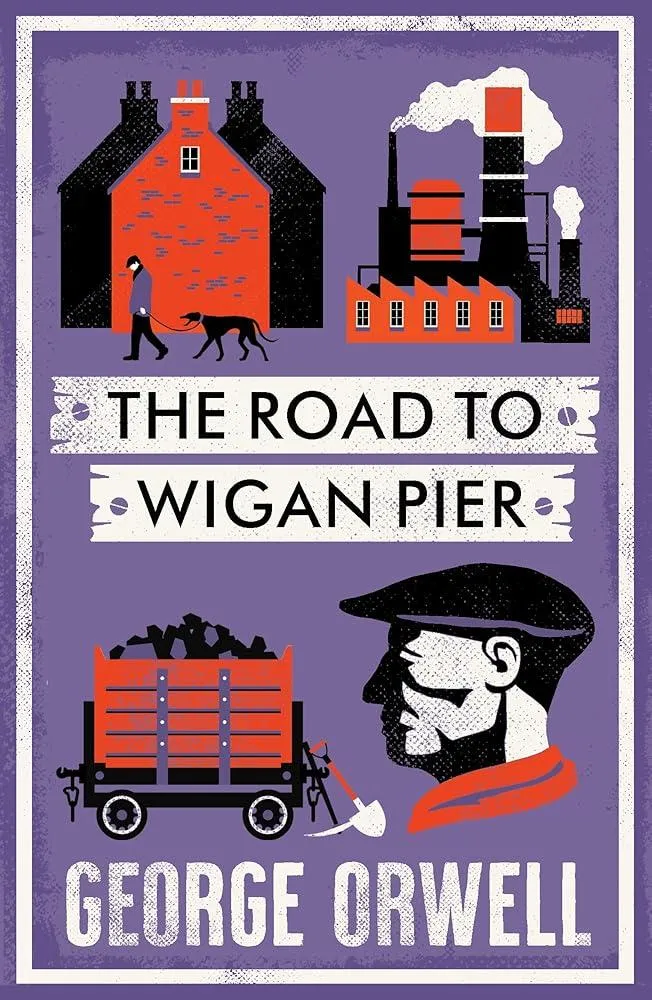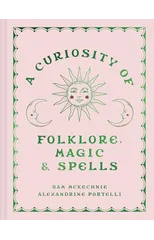The Road to Wigan Pier
(Author) George OrwellIn January 1936, the thirty-two-year-old George Orwell left his home in London and travelled to the industrial north of England with the intention of experiencing first-hand the conditions in which the working-class poor were compelled to live their lives. During his two-month expedition he visited Manchester, Wigan and Liverpool in the north-west, then Sheffield, Leeds and Barnsley in Yorkshire, recording his impressions as he went in a diary that would later form the basis of one of the most significant works of literary reportage ever written.Part sociological survey, part polemic about the potential benefits of socialism - as well as the failures and idiosyncrasies of many of its middle-class exponents - The Road to Wigan Pier represents a unique record of a society riven by class inequality and plagued by unemployment, inadequate housing, unsafe working conditions and other social ills, as well as providing an invaluable insight into the evolution of Orwell's political consciousness.
George Orwell
George Orwell, born Eric Arthur Blair in 1903, was an English novelist, essayist, journalist, and critic. He is best known for his works "Animal Farm" and "Nineteen Eighty-Four," which are both powerful critiques of totalitarianism and authoritarianism. Orwell's writing style is characterized by clarity, precision, and a sharp wit, making his works accessible and thought-provoking for readers.
Orwell's contributions to literature include his exploration of political and social issues, as well as his commitment to truth and honesty in writing. His works have had a lasting impact on the dystopian and political fiction genres, influencing countless authors and thinkers. "Nineteen Eighty-Four" in particular has become a classic of modern literature, with its portrayal of a bleak and oppressive future society resonating with readers around the world. Orwell's legacy as a writer and social critic continues to be celebrated and studied today for its enduring relevance and insight.




